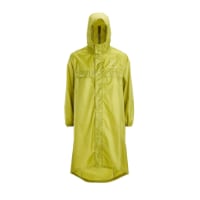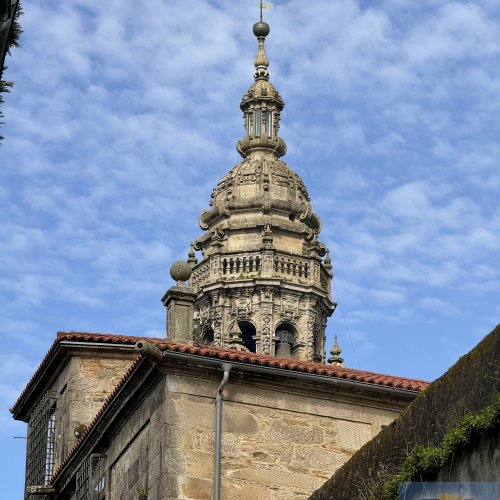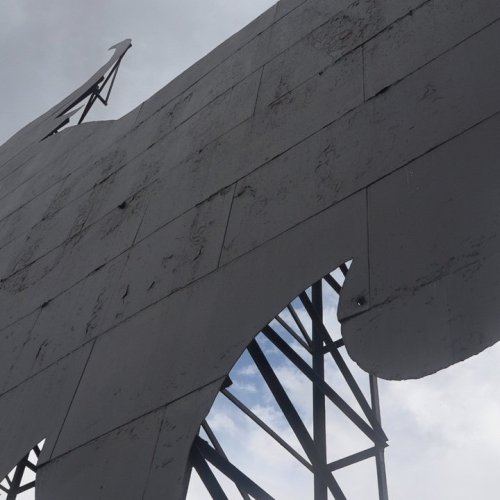Here are a few questions I have been thinking about.
Alberque or Hostel. What is the difference and which are better and/or cheaper? I know this is supposed to be a humbling experiance and all, but some basic nessesaties are important (Bathroom / Shower). So what exactly are the differences between the two? Which is better? Do you need reservations? What is the cost difference, if any? Food or none? Any other important info. would be greatly appreciated. Just trying to get as much info as possible. I know other pilgrims have made reservations for some stops along the way. Is that nessesary?
Alberque or Hostel. What is the difference and which are better and/or cheaper? I know this is supposed to be a humbling experiance and all, but some basic nessesaties are important (Bathroom / Shower). So what exactly are the differences between the two? Which is better? Do you need reservations? What is the cost difference, if any? Food or none? Any other important info. would be greatly appreciated. Just trying to get as much info as possible. I know other pilgrims have made reservations for some stops along the way. Is that nessesary?














